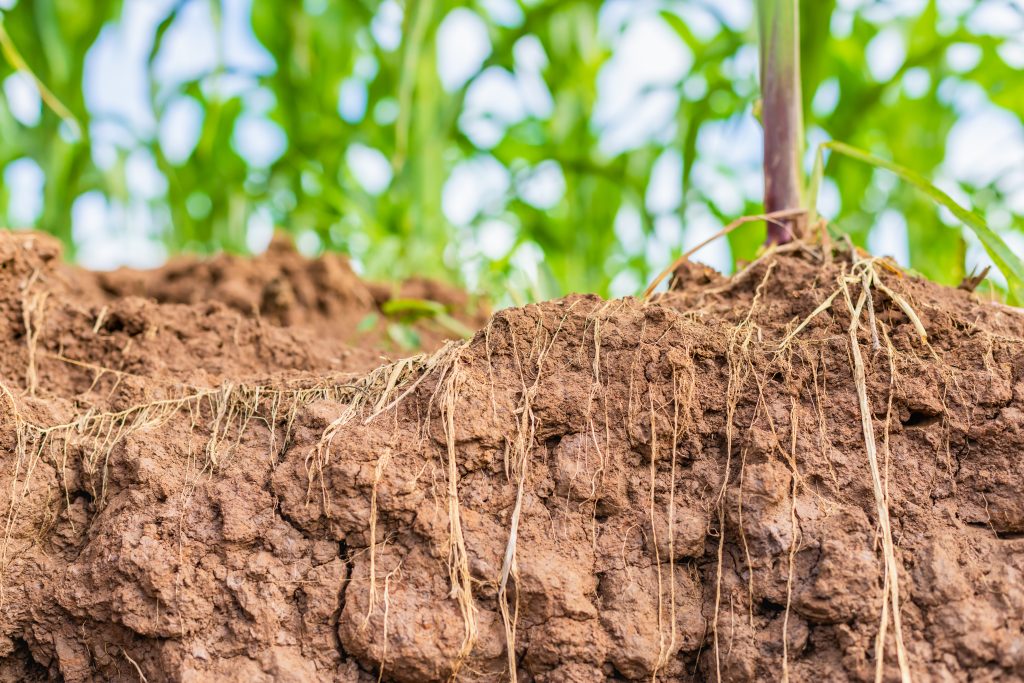How will variable rate treatment improve your crop performance?

Any proud grower knows that no two fields are the same. Each field and each acre has its own unique strengths and weaknesses. Each has different degrees of compaction, fertility, soil type, drainage, weather vulnerabilities and more.
With such variations, any attempt to maximize crop yield, must start with a personalized understanding of the field being planted. Granted, when dealing with 20,000 acres, you can’t very well familiarize with each and every one of them, let alone dedicate unique attention to each. However, you do want to create a scalable operation that will yield the highest return. And with today’s solutions, you can.
Here are the four basic actions that every crop consultant should consider for addressing such variations and generating a unique plan to bring out the best in the field.
1-Know your field’s roots
This is key! Know the history of your field. Have a look at yield maps from previous years to identify weak spots as well as the hi-yield areas. Make sure you have a soil map for the field, indicating the differences in soil type from acre to acre. Most precision farming solutions will be able to generate a historical benchmark that will guide your initial decisions.
This is key! Know the history of your field. Have a look at yield maps from previous years to identify weak spots as well as the hi-yield areas. Make sure you have a soil map for the field, indicating the differences in soil type from acre to acre. Most precision farming solutions will be able to generate a historical benchmark that will guide your initial decisions.
2-Plant by zones
Read more on our blog on the Taranis Website!
Related Articles
Disease Management in Corn
Diseases of importance vary annually and from location to location. Occurrences of corn diseases that cause yield loss are influenced by many factors, including environment conditions, crop production practices, previous disease history, hybrid ...Developing custom plans for pesticide-resistant weeds
The future of farming lies in customized weed treatment. For farmers, it’s an all-too-familiar problem: To protect their crops from invasive weeds, they apply pesticides to their fields, only to see pesticide-resistant weeds rear their heads – with ...Disease Management in Soybeans
To achieve maximum yield and grain quality, you must protect your soybeans from these and other key diseases throughout the growing season. Soybean disease management is achieved through an integrated approach of best management practices, from ...The Critical Period of Weed Competition
Understanding the interactions between crops and weeds can aid the design and implementation of management programs with minimal risk of yield loss. A complicating factor in managing weeds used to be our inability to accurately predict their yield ...The Human Constraint with Taranis AcreForward
In 2019, the average crop consultant intern summer salary was $13,000. A full-time consultant salary ranges from $38,000 to $100,000. If done correctly, the average crop consultant can scout 2000-3000 acres a week. Having all your information in one ...